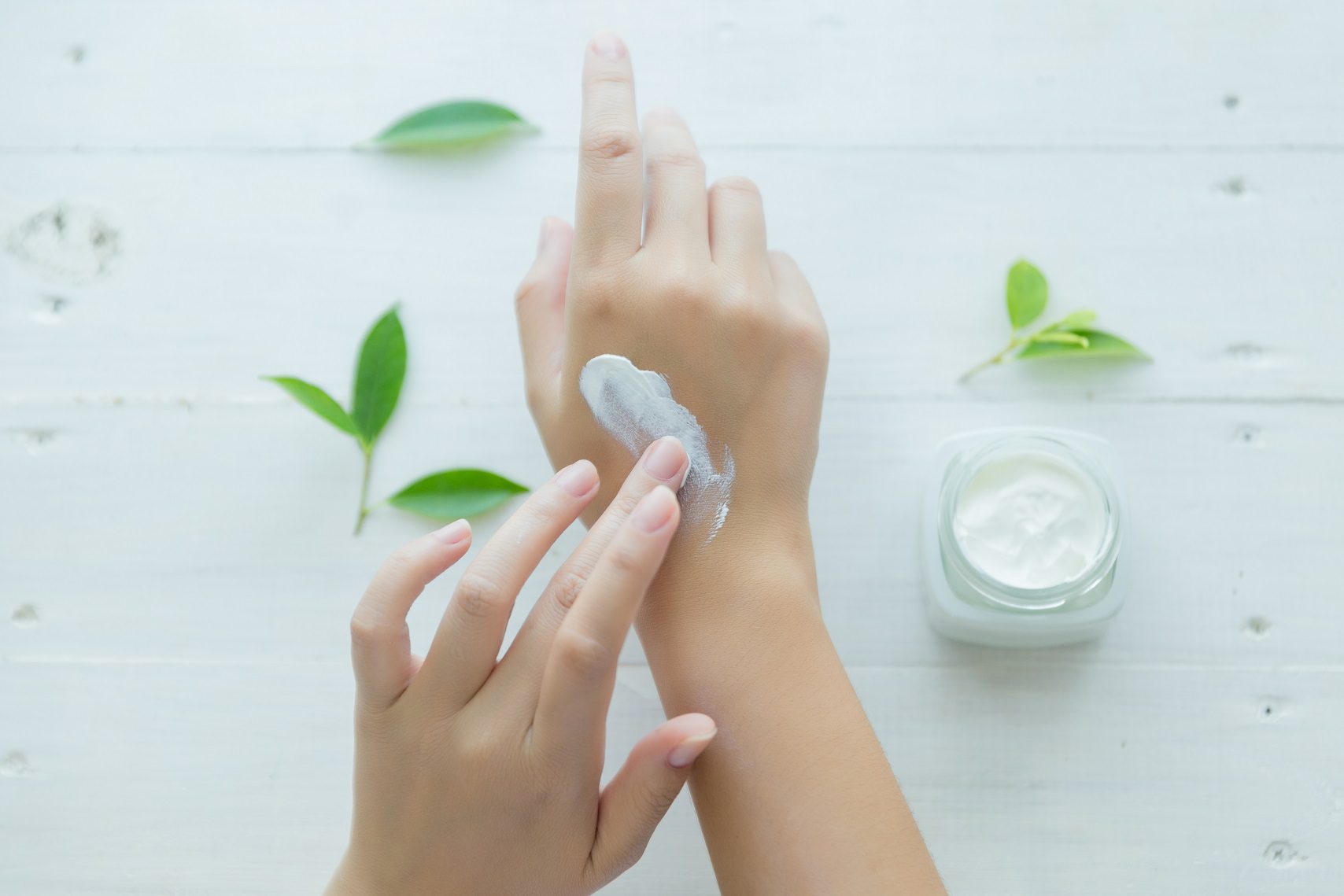When creating this genetic test for skin care, our goal was to perform a classification of each marker based on a set of multiple polymorphisms associated with certain skin properties to provide personalized skin care and anti-aging therapies.
So far, most of the cosmetics and skin care industry has tried to “process” their demand from solutions “perfect for everyone”, something certainly comfortable from a business point of view but far from Reality, because science has long demonstrated that each person is different and the care that their skin requires are also different. This DNA study for skin care is the first step for individualized beauty treatments.
These are some aspects that we can analyze in your genetic data and the practical information that you and your dermatologist or your beauty consultant can use when designing a personalized treatment for your skin care.
DNA Test for Skin Care Report Sections
Taking care of your skin
In this section, we will analyze certain genetic markers that, for example, influence glycation, a process that occurs with the glucose in the dermis, and which is one of the main causes of accelerated aging of the skin and dermal inflammation that causes flaccid and Cracked Skin. There are specific treatments quite effective for people with an adverse genetic predisposition to glycation.
Oxidative stress is another of the great cause of skin aging. Our body has its own antioxidant system, but not all have an equally effective one. Throughout our genetic data, we can see how our body behaves in this aspect and we will see how to help it in this process according to our genomics. The same thing is about our ability to deal with pollution, our dermal sensitivity, predisposition to skin inflammation, acne, varicose veins, etc. Very relevant information when designing the strategy for our skin care.
The sun and your skin
Not everyone has the same sensitivity to the sun and this is something we can measure. Tanning capacity is also like this and even our predisposition to get sunspots. Photo-aging is another key issue in skin care, not everyone has the same genetic predisposition so we should not treat all the same. Listen to your genes and give to your skin the care it needs.
Feed your skin
The first way to take care of your skin is from the inside. Vitamins and minerals play a very important role in your skin health. Recent studies have shown how certain vitamins play a key role in skin wellbeing. And again, how we assimilate these vitamins is also determined by our genes. According to your genetic information, we can see your predisposition to the absorption deficiency of some vitamins such as B6, B12, B2, C, D, etc., and other essential nutrients such as folic acid or Omega 3 and 6 fatty acids.
Knowing this basic information helps us to see what kind of food we should consume more often and even what kind of creams can be especially beneficial to our skin.
To get the most out of this report, share it with your Skin Care Specialist and use a Genetic Counseling Consultation for any questions you may have.

